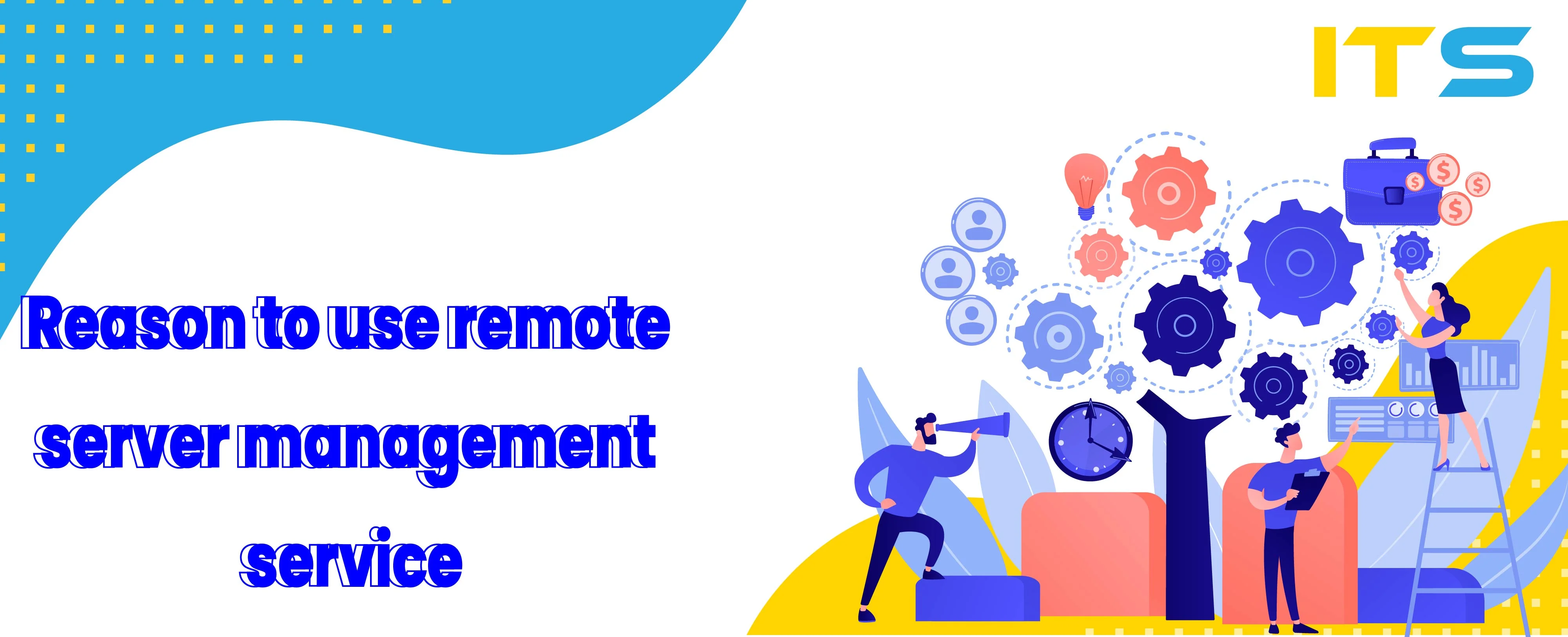When and why do you need server maintenance?
Servers are both simple and complicated things at the same time. When everything is working smoothly with no downtime - you don’t even think about issues and errors that may happen with them. But just like any other engine or vehicle - they require regular server maintenance and checks.
Everyone knows that car’s regular technical checkups can prevent it from breakdown. In the same way, daily server monitoring and maintenance can prevent server errors and issues from rising into server downtime. As an example - we had some clients that called us asking for help with their server that stopped running unexpectedly. The most common reason for that are:
- their disk had no free space (and this led to database corruption)
- their backup mechanism stopped working last month
- they didn’t have any log rotation.
Using professional and qualitative server management services will let you forget about all server-side issues that may appear. It should include and cover the most complete specter of tasks that might rise on your server. You should feel yourself totally carefree, as there is a qualified team of engineers, who know what to do.
List of top reasons why you need server maintenance
Backup and restore all sensitive data
In any live project, one of the most important things is having a backup. You always need to have the ability for a quick server and/or website restoration in the case when:
- your server is attacked by a hacker
- your database is corrupted
- the server is simply destroyed in a fire or storm.
External backup storage
We highly recommend to have external backup storage that is not tied with your production environment. Our experience shows that AWS s3 bucket is really stable and reliable storage you can count on. Having a backup of the production server on the same host or environment is not really a good idea at all. As in case of hardware disk error, your backups will be lost together with your production database and all important business data. In the best practice approach, your backup policy must use external backup storage! Even better to have it in a totally separate datacenter or hosting provider. Why? If your hosting provider has unexpected problems with its operation on all levels, you'll be able to get your files and restore them somewhere else.
Backup monitoring
Another critical point of backups is their monitoring. You should always be aware about successful backup copies done to any external storage. There is a special log file reflecting that information. Your monitoring should immediately alert you in case of unsuccessful backup script execution.
Quick rollback solution
Most of the projects are evolving and changing. That also includes code deployments to the production environment. The most important thing during any kind of changes done on production is having a quick and fail-safe rollback solution. Doesn't matter whether it is a code update or an infrastructure change. That allows getting back to website’s/server’s previously working condition. You may even delete something on production accidentally (Ouuups!). Having a backup will always protect you from destroying your business, even if you did a bad mistake. Also, it will give you an opportunity to restore a server and website quickly without losing your visitors and customers.
Keep it clean!
It is very important to track all changes and collect logs that can be used for the investigation of the system's behavior. For example, if you feel that you are under bot attack - you can check it by analyzing the logs. Using the production environment as storage for logs, backups, and software versions is a common error. Keep your production storage as clear as possible:
- implement log and email rotation
- delete the old software
- make sure you do not have any unneeded trash on a server.
Why? Because time spent for restoring the website/server from backup is directly proportional to backup size! If your disc is close to being full we strongly recommend deleting something old or expanding your storage. When disk usage will be utilized 100% - your server will stop responding and important business data might be lost!
Correct and detailed monitoring, alerting, and emergency reaction
Each business owner dreams about high availability, zero downtime, and smooth work of his project. In a vacuum that's possible:
- it does not have any problems
- it does not require any urgent involvement to fix errors
- it's setup once and for all
Unfortunately, that's possible only in a vacuum, where all possible problems disappear. If you are using the cloud - you are a step closer to this dream since a cloud provider takes care of the hardware issues by itself. If you’re a dedicated server owner, you need to be sure that:
- your hardware is not overheating
- there are no disk errors
- the network is stable, etc.
Basic server metrics monitoring
To make sure your server is running smoothly you need to be confident that the following metrics are within normal limits:
- server’s disk
- CPU
- RAM
- network utilization
It's good to have alerting levels to make sure you can react to the issues without digging into wrong direction. For example, we suggest using such levels with different limitations:
- OK
- warning
- critical.
For qualitative and full monitoring setup for your business you can read one of our previous articles about correct monitoring system organization.
Software and services monitoring
Nowadays monitoring of your server’s hardware is not enough. You need to make sure you are monitoring all services and software that are running on your server. It will be easier to understand where is a problem when you have a comprehensive overview of server metrics. The best way to be aware of resources utilization is to have a monitoring tool covering all systems components actively and alerting you in case something goes wrong.
Immediate reaction and emergency support
However, being aware of your server’s condition is not enough. Each business owner needs to make sure that someone reacts to alerts 24/7 and fixes the issues in case they occur. Proper server maintenance includes the most complete array of system components, which conditions may affect on your business productivity.
ITsyndicate provides 24/7 monitoring, proactive server management and emergency support with no excuses. If you want to know more about our maintenance plans - you can follow our Proactive servers management page and contuct us to get more information. Each project is unique and needs an individual approach.
Proactivity and failures prevention
We like when everything runs smoothly, so our clients can feel themselves calm about their servers and business. When the issue arrives #1 priority is to solve it and get the system back to a stable working state. After resolvation of the issue, the expert server maintenance team analyzes what happened to prevent similar errors from happening in the future.
Zero downtime and error prevention
Experienced system administrator should know how to harden/optimize the places, where similar issues might occur, but haven't occurred yet. Our team is managing projects that face zero downtime during updates and keep running without fails for at least 1.5 years. This is a result of in-time updates, correct and clever server and website hardening, and a proactive approach in fixing issues.
Automate OPS work
Our motto is: “Automate things. Automate updates. Do not wait for problems - prevent them!” We highly recommend automating server maintenance and configuration in order to minimize the risk of possible errors and bugs. If you cannot automate the update process - dedicate some time comfortable both for you and your customers and perform them manually. Usually, it’s done over the night, when the traffic is minimal. In the beginning, we did a lot of things manually, and it worked pretty good with a small amount of servers. But once your business grows along with the volume of your web project - there is a big chance to miss something during manual updates. Never forget about the human factor, let the machine do the operational work.
Security of your business and data
We’re sure that security is as important in each project as well as backup. Making sure that your website and server are protected from unauthorized access is a top priority! As for security - we'd highly recommend you to use a Web Application Firewall and basic protection approaches. Following them will ensure that your application and server don’t have any open vulnerabilities. From the infrastructure part - you need to cover all layers of security and minimize the risks of hacking. You can read more about common security errors and how to properly secure website and server on one of our recent blog posts.
Focus on your business growth, not on server maintenance
The goal of server management and our mission is to let you forget about all server-related problems and let you focus on your core business and its expansion. You do not need to worry about ops tasks - all you need to do is to let your server maintenance team to know what job is needed to be done.
ITsyndicate server management and support service makes sure that your server and website are running stable, smooth and without any problems. You will always have an responsible support engineer that is available to help you and perform your requests, answer on your questions or just make sure that everything is running with no errors.
In the borders of correct and qualitative server management service, you don’t have to worry about your software relevance and any kind of updates. If you’re paying for a service that includes a full specter of server-side services - your server protection and software updates should be included by default.


